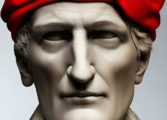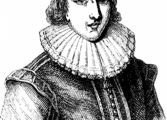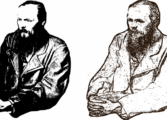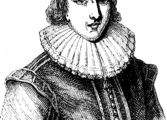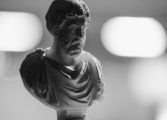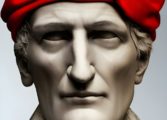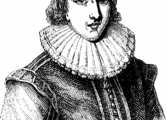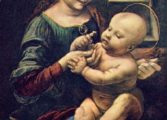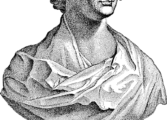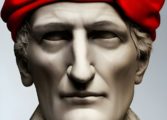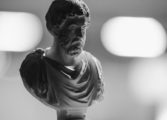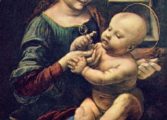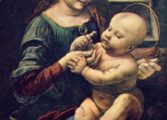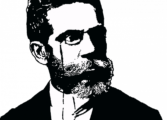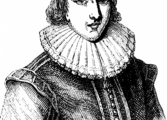Homers Iliad: A Timeless Epic of Heroes and Gods
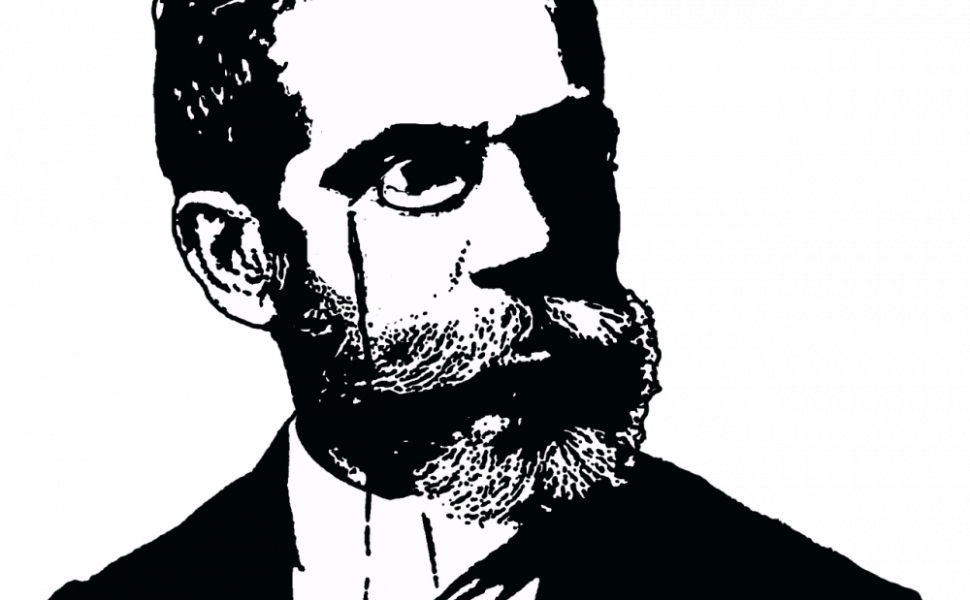
Introduction:
The epic poem, “Homer’s Iliad,” stands as one of the oldest surviving works of literature in Western civilization. Composed in Ancient Greece during the 8th century BCE, it tells the story of the Trojan War, a mythological conflict between the Achaeans and the Trojans. With its vivid characters, gripping narrative, and profound themes, the Iliad has captivated generations of readers and remains a significant piece of cultural heritage. In this article, we will delve into the importance of the Iliad and explore its historical development.
I. Understanding Homer’s Iliad:
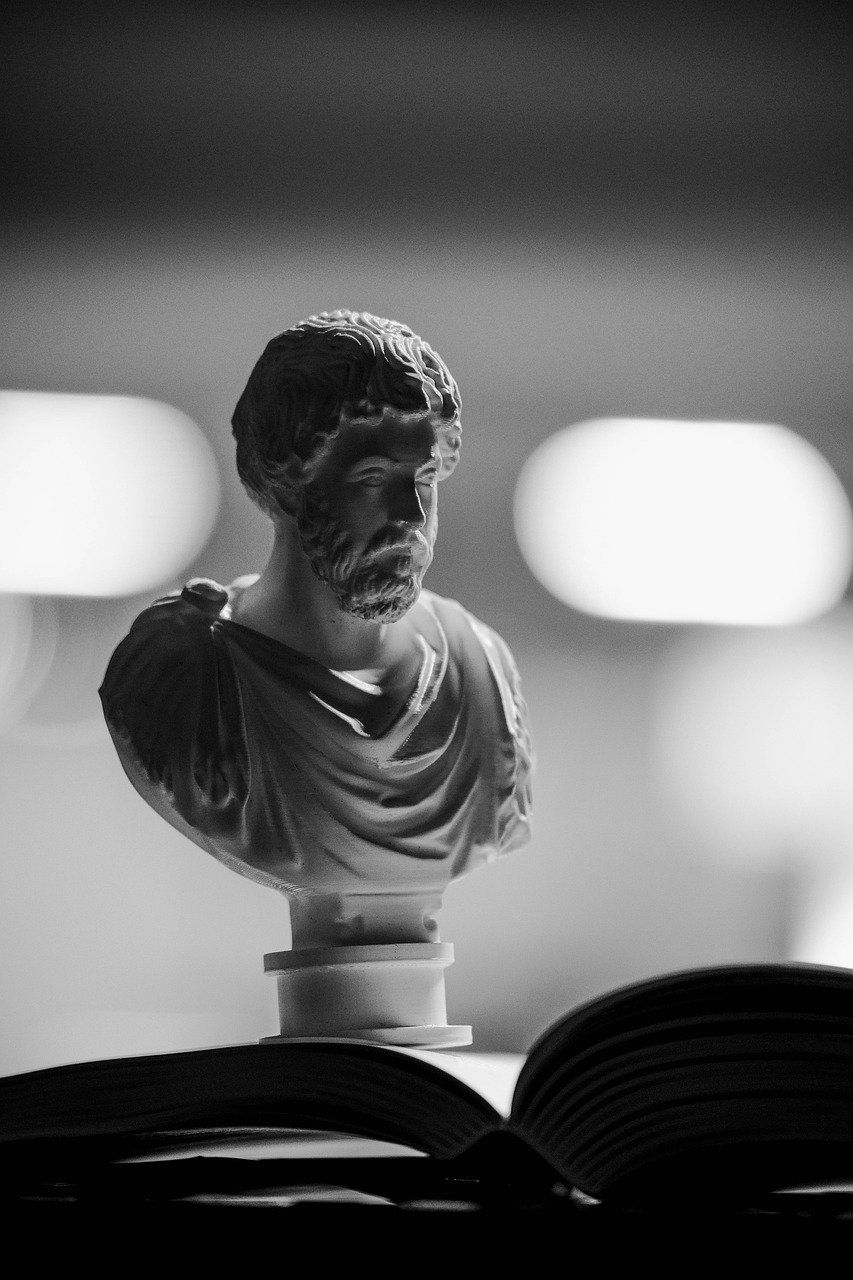
The Iliad begins with the wrath of Achilles, the mightiest of the Greek warriors, and follows the crucial events of the Trojan War. It explores themes such as honor, glory, the gods’ intervention in mortal affairs, and the price of war. The poem consists of 24 books, which are further divided into smaller sections called rhapsodies. Each book unfolds a different episode in the war, gradually building up the conflicts and showcasing the ethical dilemmas faced by the characters.
Key points about Homer’s Iliad:
– Epic Heroism: The Iliad is known for its depiction of heroic figures like Achilles, Hector, and Odysseus. These larger-than-life characters embody both the virtues and flaws of human nature, captivating readers with their bravery, hubris, and existential struggles.
– Mythology and the Divine: The intervention of gods and goddesses in mortal affairs plays a central role in the Iliad. Homer portrays these divine figures as pivotal forces, often shaping the outcomes of battles and illustrating the complex interactions between the mortal and divine realms.
– Cultural Significance: The Iliad not only offers a glimpse into the world of ancient Greece but also reflects the values and beliefs of its society. It explores concepts like honor, heroism, and the interconnectedness between individuals and their community.
II. Historical Evolution of the Iliad:
Throughout history, the Iliad has undergone several transformations and adaptations, solidifying its place in different cultures. Here are some notable milestones in its development:
1. Early Transmission: Initially, the Iliad was passed down orally through generations of bards, known as rhapsodes. These individuals were responsible for memorizing and reciting the epic, allowing its dissemination in a preliterate society.
2. Homeric Question: The authorship and composition of the Iliad were subjects of debate among scholars. The Homeric Question ponders whether a single individual named Homer composed the epic or if it was a collective effort over centuries.
3. Alexander the Great and Hellenistic Era: During the reign of Alexander the Great and the subsequent Hellenistic period, the Iliad gained even more prominence. Alexander himself was a great admirer of Achilles and carried a copy of the Iliad with him during his military campaigns.
4. Roman Influence: As Greece fell under Roman rule, the Roman elites recognized and adopted Greek culture, including the Iliad. Translations and adaptations of the epic became popular in Rome, spreading its influence across the Mediterranean.
5. Medieval Manuscripts: Despite the downfall of the Roman Empire, copies of the Iliad survived in monastic libraries and scriptoria. These manuscripts preserved the text and made it accessible to scholars in the Middle Ages.
6. Renaissance and the Printing Press: The invention of the printing press in the 15th century revolutionized the dissemination of the Iliad. Printed editions made the poem widely available, contributing to its continued popularity and study during the Renaissance.
7. Modern Adaptations: From the 18th century onwards, the Iliad has inspired numerous adaptations in different art forms. From music to theater, film to graphic novels, artists and storytellers have found inspiration in the timeless tale, reimagining its characters and themes for new audiences.
Conclusion:
The Iliad remains an enduring masterpiece that continues to captivate readers with its timeless themes and vivid storytelling. From its portrayal of heroic figures to its exploration of the human condition amidst the chaos of war, Homer’s Iliad stands as a testament to the enduring power of storytelling. As its influence spans across cultures and time periods, this ancient epic remains an essential piece of literature that speaks to the universal aspects of the human experience.
References:
– AuthorLastName, AuthorFirstName. Title of Book. Publisher, Year.
– AuthorLastName, AuthorFirstName. “Title of Article.” Journal Name, vol. X, no. X, Year, pp. XX-XX.










